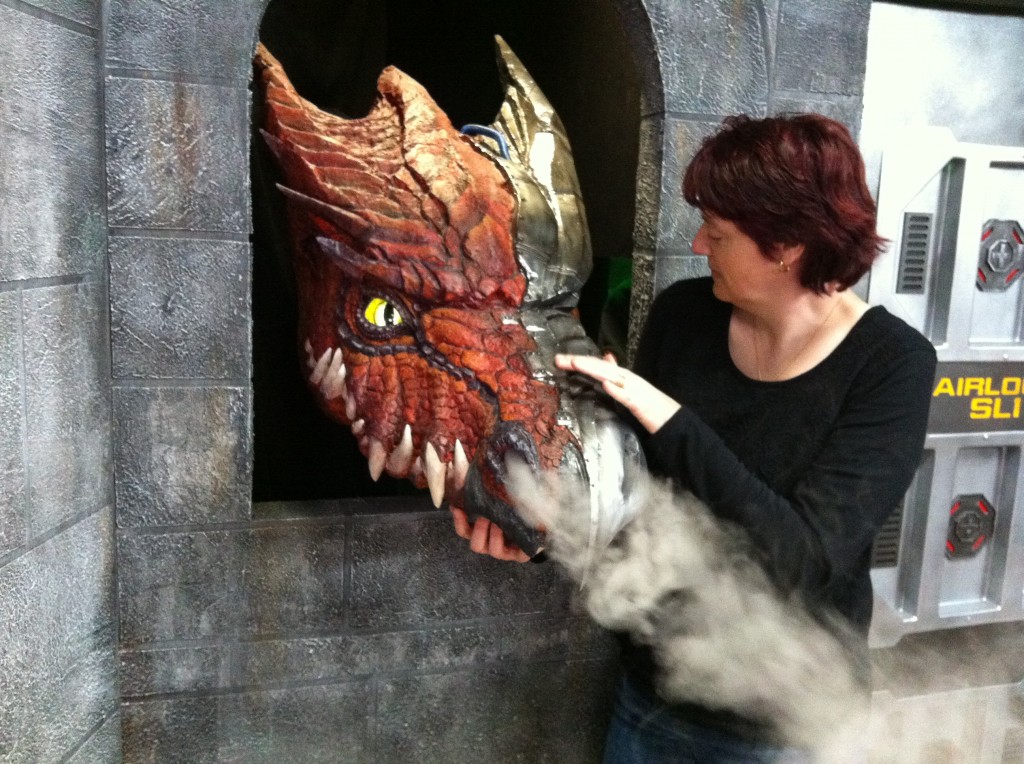Today’s Grouchy Blog Post is brought to you by the following tweet:
In new Bookends, Daniel Mendelsohn and Leslie Jamison on whether critics can also be good novelists: http://t.co/2E1f2VYgAS
— New York Times Books (@nytimesbooks) May 6, 2014
To which question I shout the lawyer’s answer: IT DEPENDS!!
I am getting kind of tired of (and I know it won’t go away, which is why this is a Grouchy Post) people framing questions about writing and writers as though the world is either A or B and can’t be both. Some critics can be good novelists; some can’t. Some writers can be good novelists; some can’t. There are writers who are good novelists who can still write a crappy book.
Writing is not either laws of physics or rules of etiquette. There are things in this world that one shouldn’t or can’t do. Don’t feed your cats a vegan diet (cats are obligate carnivores and will die). Don’t drive drunk. Don’t mix chlorine bleach and ammonia. Don’t jump off a cliff and expect to live. Don’t build a moon lander with toothpicks. Don’t put a bare wire into a socket. Don’t use the wrong sized washer on the faucet or it will continue to leak.
Humans in general are not happy with ambiguity or lack of clarity. As a species, we want rules. We will accept things without questioning because questioning is uncomfortable or dangerous. Rules provide order and predictability. And rules for writing that have developed over the years are worth paying attention to; they’ve developed, because they work.
But writing is not like building a house. Critics and readers (in a free society) are not inspectors coming in to see if the book is built to code. There’s not some list of rules that must be followed to avoid fines, prison terms, or lawsuits. Nor does writing require four years of trade school/apprenticeship and union membership.
There is not a Writing Constitution that must be adhered to. Talking about what writers should or shouldn’t do (Should Christians write fantasy? Should genre writers avoid MFA programs? Must writers read all the books on X list? Should celebrities not write children’s books?) limits writers in unhelpful ways. Further, framing questions as what writers should or should not do avoids the interesting parts of the questions.
Instead of asking closed questions such as “Can critics be good novelists?” let’s ask open-ended questions. What skills used in criticism are also used in writing novels? When does a training in criticism get in the way of taking a writing risk? How does a critic react when she finds herself writing in a style she has condemned? Where is writing a novel similar to making an argument? These answers are going to vary from person to person, and even from time to time in the same person, so the questions stay open-ended. The conversation can continue.
Even if there were a Writing Constitution, there would still be questions of interpretation. Universal agreement on one rule is not the same as agreement of application of the rule. “A good novel must have parts A, B, and C” leaves plenty of room for questions about whether A, B, and C are in the book at all, are used effectively if they are used, and whether the book is actually good.
If law were clear-cut, there would be no need for lawyers, just judges. It’s not. That’s why legal arguments can be made. We can agree as a society, “Do not murder.” But is lying in wait for someone with a gun the same as killing a person when driving too fast? Is it the same as losing one’s temper and grabbing a handy rock? What if the person lying in wait is a soldier in war? What if the person who grabbed the rock is an abused woman in fear of her life? In all these cases, the victim is just as dead. But the killers are treated differently under the law.
Imagine the kinds of arguments that would be made under a Law of Writers.
Writing is personal, uncertain, and ambiguous. An exploration of the uncertainty of writing provides a much richer field for thought and conversation than the imposition of a set of strictures does. Let’s celebrate ambiguity and possibility instead of living by building codes.

